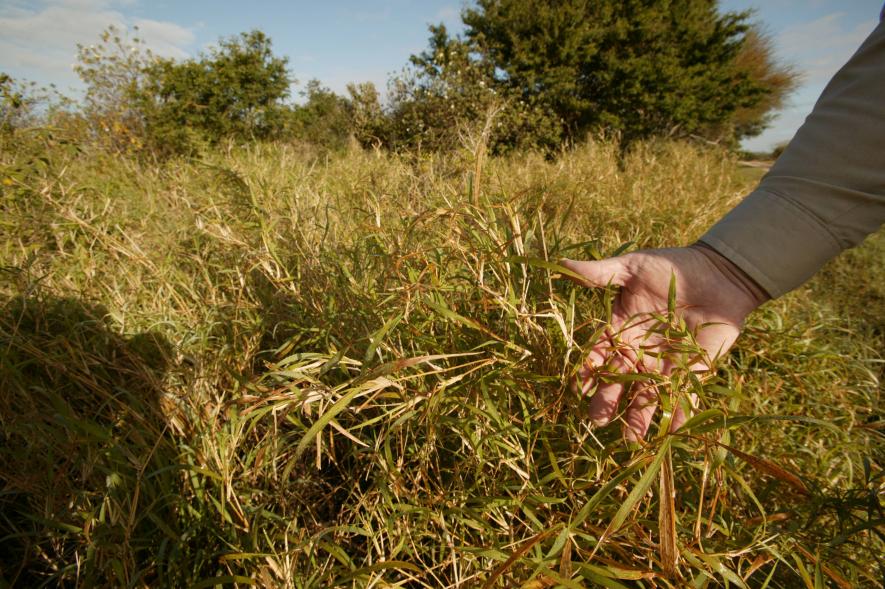Invasive Species Cost Global Economy Dearly, Harm Habitats, Human Health

Representational Image. Image Courtesy: Wikimedia Commons
In yet another worrying revelation, the Intergovernmental Science-Policy Platform on Biodiversity and Ecosystem Services (IPBES) in its latest report has said that thousands of invasive species cost the global economy more than $423 billion annually.
The invasive species are also causing harm to habitats, indigenous species and ecosystems, which have also impacted food systems and human health. According to the report, since 1970, the cost has quadrupled every year based on the 2019 data.
Human activities, intentionally or unintentionally, have led to introducing thousands of species to entirely new habitats outside of their original ones. As per the IPBES assessment, humans introduced more than 37,000 species to new places from their original range of habitats over centuries. Out of these, more than 3,500 are considered invasive as they cause harm to their new ecosystems.
What are the invasive species? Species not native to a particular place are primarily invasive. In many instances, new species threaten the original inhabitants by destroying ecology. This, in turn, can impact the food and agriculture of a place and finally humans.
As per the IPBES, invasive species are the major factors behind about 60% of the extinction of plants and animals. The latest report is based on another IPBES study published in 2019 which said that around a million plants and animals are at the risk of extinction.
Helen Roy, one of the authors of the IPBES report, in a statement, was quoted as saying, “We are seeing unprecedented increases in the numbers of alien species worldwide. It’s about 200 new alien species every year. And, yes, with those kinds of numbers, we will also see the impacts increasing.”
The latest report is considered the most exhaustive analysis of how invasive species drive global biodiversity loss. The report involved 86 experts from 49 countries studying thousands of scientific reports and inputs from indigenous people and local communities.
Some of the invasive species are related to wildlife trade like the Zebra mussels, which have brought local mussels to the verge of extinction by enhancing their numbers exponentially. The Zebra mussels probably arrived in North America with European cargo ships in the 1980s, as suggested by the report.
There are examples of species that were introduced in new places for their perceived benefits and started growing uncontrollably. These factors should be pondered upon, the researchers said.
Invasive species can also cause human health problems. For example, mosquitoes responsible for transmitting diseases like malaria, dengue or the Zika virus are becoming invasive around the world.
Anibal Pauchard, another leader of the IPBES assessment, was quoted to have said, “Usually, the poor communities are the ones that suffer the most. At the same time, with climate change, you’re going to have mosquitoes going higher, you know? So, getting, for example, to New York.”
Ecosystems disturbed by invasive species may also lose their resilience to diseases and other threats as a consequence of loss of biodiversity due to invasive species. A recent example is the wildfires in Hawaii wildfires, invaded by invasive grasses that helped spread the fire.
With climate change and global warming, invasive species can help cause such massive events. To sustain biodiversity, invasive species should be reduced as much as possible. Notably, 190 countries, minus the USA, signed an agreement to protect biodiversity last December.
Get the latest reports & analysis with people's perspective on Protests, movements & deep analytical videos, discussions of the current affairs in your Telegram app. Subscribe to NewsClick's Telegram channel & get Real-Time updates on stories, as they get published on our website.




















